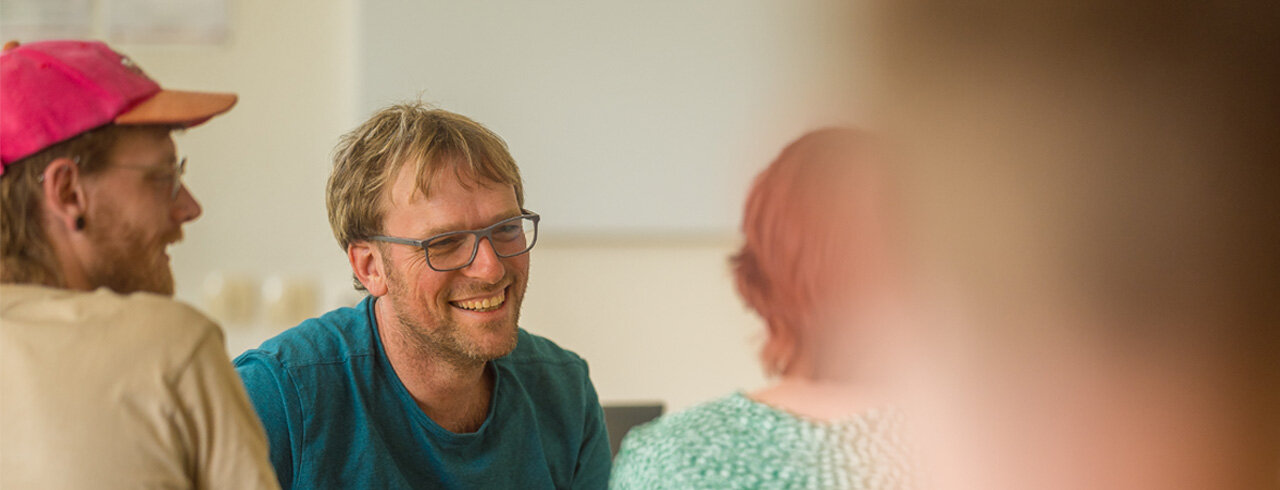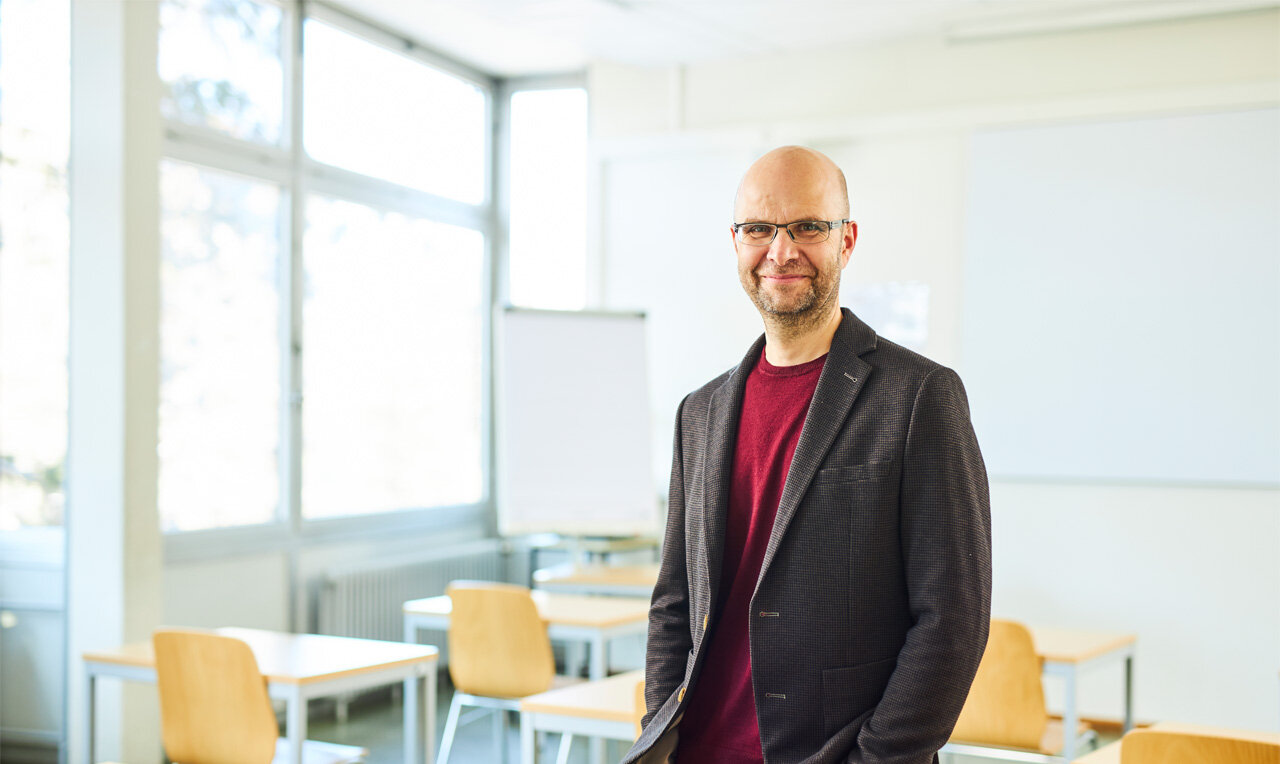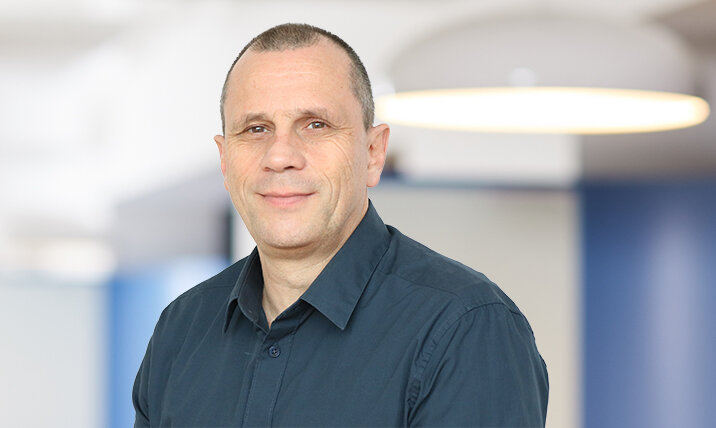
Internationalization of teaching and learning
Teaching and learning at the Catholic University of Applied Sciences incorporates various international elements. For example, guest lecturers regularly visit the KH within frameworks such as the ERASMUS+ Lectures or the DAAD Guest Lecturer Program, etc.
The KH also offers binational and international seminars within the various degree programs. Furthermore, internationally oriented supplementary teaching programs are an integral part of the internationalization of teaching and learning at the KH.
Binational und international seminars
Students enrolled in Bachelor’s degree courses in social work and in inclusive and special education can take part in binational seminars as part of their studies.
Here, a topic is approached from the perspectives of two or more different countries. Seminars can currently be taken with the following partner universities:
- Barcelona, Spain, in in cooperation with the Ramón Llull University Barcelona
- Czernowitz, Ukraine, in cooperation with the National Jurij-Fedkovych Universitsity Chernivtsi
- Groningen, Netherlands, in cooperation with the Hanzehogeschool Groningen
- France / Switzerland, in cooperation with the RECOS partners.
Depending on the partner country, the seminars often also include short-term stays at the respective partner universities or students from the partner universities visiting the KH Freiburg as part of the seminar. Internships/practice sessions may also be part of such seminars.
International supplementary teaching programs
In addition to the Bachelor’s degree programs, in-depth teaching programs are offered where you can deepen your interest in international subjects, hone specific skills and widen your specialty knowledge.
The supplementary study programs extend over the course of several semesters. Successful participation is confirmed with a certificate.
Supplementary program international (ZINT)
The Catholic University of Applied Sciences Freiburg offers students in the Bachelor's degree program in social work a supplementary teaching program called ZINT (Zusatzlehrprogramm International). Within ZINT, students take additional courses with an international focus as part of the supplementary teaching program.
In it, students can acquire further skills in addition to their social work studies:
- Expand their language skills
- Acquire intercultural skills, also as part of an abroad stay (studying or interning)
- Explore intensively the similarities and differences to their own study program while gaining professional practice by attending seminars with binational/international focus and discovering the Bachelor’s thesis and colloquium orientation.
At the end of the BA course, these additional qualifications are then issued in the form of the ZINT certificate.
Regional Academy for Social Work / Regio-Pole de formation sur le travail social
RECOS (Regional Academy for Social Work / Regio-Pole de formation sur le travail social) is a cooperation between universities of social work in Alsace (France), northern Switzerland and southern Baden-Württemberg, Germany. These universities offer the joint supplementary teaching program Regional Academy for Social Work / Regio-Pôle de formation sur le travail social (RECOS).
The supplementary teaching program is aimed at Bachelor’s degree students of inclusive and special education, and of social work.
Cooperation Partners
- PRAXIS - École Supérieure de Praxis Sociale (Mulhouse – France)
- ESEIS - École Supérieure Européenne de l´Intervention Sociale (Strasbourg – France)
- L´EDIAC Formation (Strasbourg – France)
- FHNW - Fachhochschule Nordwestschweiz (Schweiz)
- Evangelische Hochschule Freiburg (Deutschland)
- Katholische Hochschule Freiburg (Deutschland)
Educational goals / contents
- acquire country-specific knowledge of political, economic, social and legal conditions and developments, as well as the social issues and the approaches and solutions for tackling them based in the fields of social policy, social work, education and of inclusive and special education in Germany, France and Switzerland.
- develop skills in analyzing and comparing the various national and supranational circumstances
- Develop knowledge of the culture and languages of these European neighbors
- Increase ability for professional work in fields that transcend national borders.
Reco program modules
The supplementary teaching program occurs over the course of an entire Bachelor's degree program. The seven modules that comprise the RECOS program can be taken in any order.
The seven program modules are:
- Introductory seminar – basic social welfare provision
- Relevant language course
- Trinational seminar week – bilingual
- Block seminar at a partner institution
- Internship in a partner country with a language foreign to a student’s native one
- Final thesis
- Bilingual colloquium
Certificate
A certificate in German and French is issued for successful participation in the supplementary teaching program. It is only valid in connection with the final diploma from the KH.
Participation fee
There is no additional fee for participating in the supplementary program.
However, participants should take into account extra costs involved for accommodation, meals and travel. If such costs will be incurred in France and are planned for well enough in advance, participants can apply for support from the Deutsch-Französischen Jugendwerk (Franco-German Youth Office) or Erasmus+.
Current information and documents about the RECOS certificate are available on ILIAS under continuous education and supplementary teaching programs.
Double Degree
In 2016, the Catholic University of Applied Sciences Freiburg, the Protestant University of Applied Sciences Freiburg and ESEIS Strasbourg concluded a cooperation agreement for the recognition of degrees. The agreement laid the foundation for recognizing the degrees in social work at the other cooperating university.
Detailed information on the double degree can be found on ILIAS.
If you are interested in obtaining a French degree at ESEIS or a German degree at the Catholic University of Applied Sciences Freiburg, the RECOS representatives will be happy to advise you.
Any questions? Don't hesitate to contact us!

Prof. Dr. Hauke Schumann
More informations
Prof. Dr. Florian Schumacher
More informations